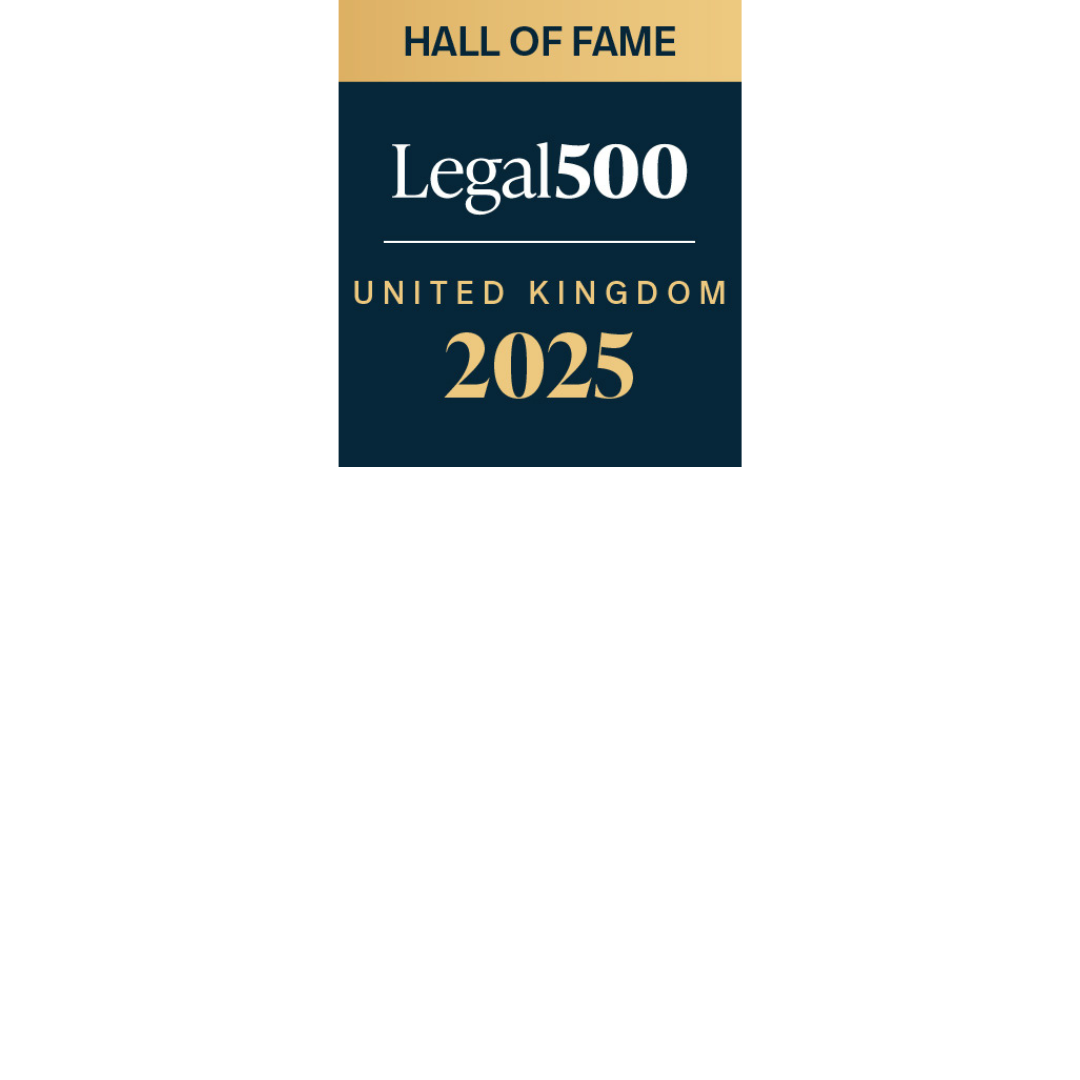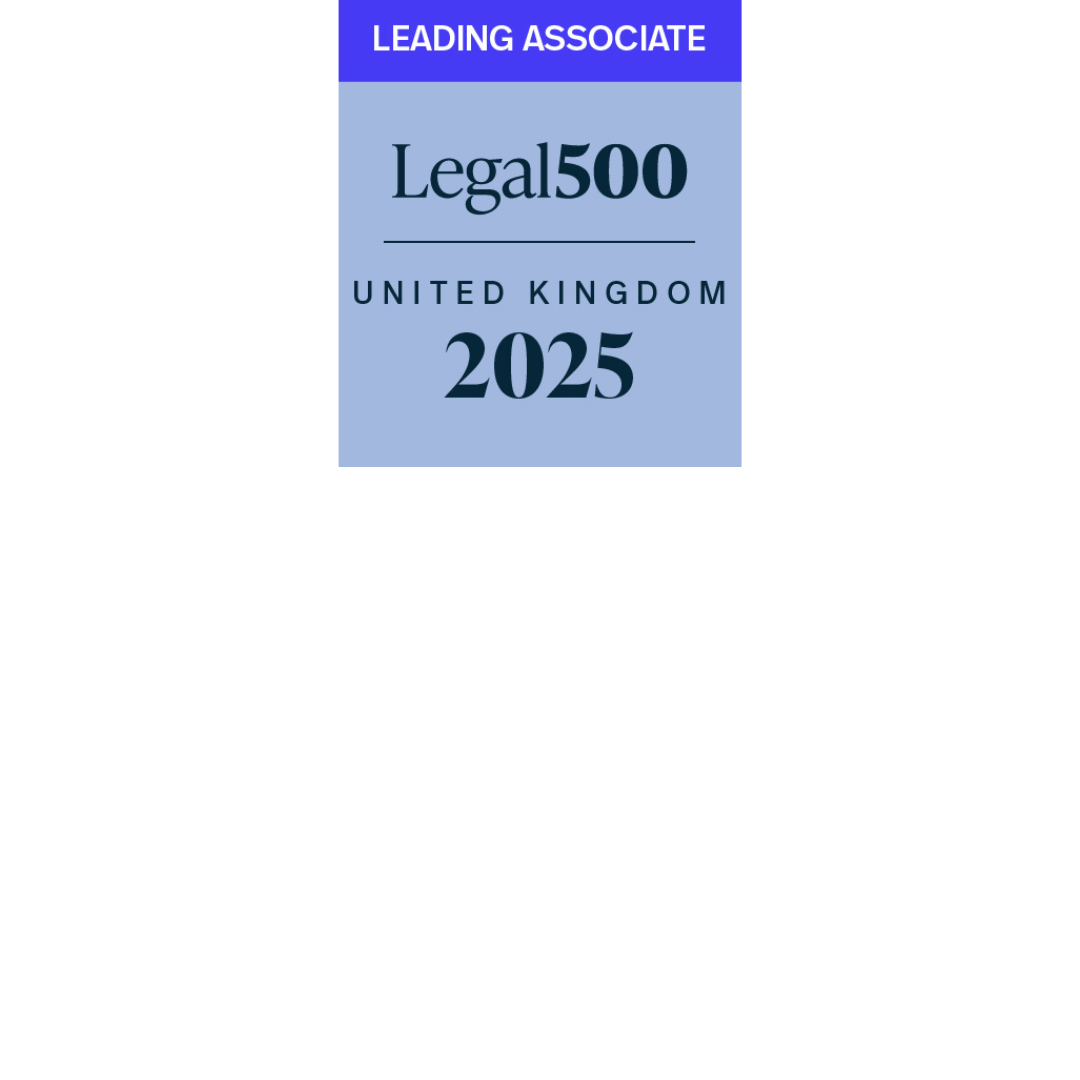
FAQs
It’s likely you’ll be able to find the answer in our FAQs which cover all of our services. You can filter questions by service area or search for a relevant word or phrase.
Unable to find an answer? Contact us on 0330 123 1229, or complete a contact form and a member of our team will be happy to help.
Childcare | Residence Involving Local Authority
What is a Sc20 Agreement?
The Social Worker might ask you if you agree to your children being placed with a family member or in foster care before they make an application for a care order. If you do agree, then you can withdraw your agreement at any time and ask for your children to be returned to your care. The Local Authority have to do this, or they may make an urgent application to the court for a Care Order.
If you agree to a Sc20 placement, it shows that you are willing to engage and work with Social Services and it will be recognised that you are willing to put your children’s needs before your own.
Childcare | Residence Involving Local Authority
Can I discharge a Care order?
It is possible to discharge a Care Order and an application will always have to be made to court for this. Those that can make the application are the Local Authority, the child or anyone with Parental Responsibility for the child. The Judge will need to consider the reason as to why the Care order was originally made and whether your circumstances have changed, which means it is now safe for your child to return home to your care.
The Judge will also need to consider as to whether it is in the best interests of your child to return home and the views of all professionals involved with your child, to include the Social Worker, the Guardian, the child (depending on their age) and your views as parents.
Legal aid is available for this application but it is not automatic. Instead, it is based on your means (income) and merits (whether there is justification to bring the application).
Childcare | Residence Involving Local Authority
What is a Special Guardianship Order?
A Special Guardianship order (SGO) is an alternative order to a Care Order. It means that your child can live with another person, most probably another family member, on a long-term basis until your child reaches 18 years. Grandparents, siblings, extended family members, friends or foster carers can be Special Guardians.
The Special Guardian is granted enhanced parental responsibility, which means that they can make those day to day decisions in relation to your child, to the exclusion of all those who share parental responsibility.
An application for a SGO needs to be made with the court, however, Children’s Services need to be informed in writing at least 3 months before the application is filed with the court, so that an assessment can be undertaken to decide as to whether the applicant will be suitable as a Special Guardian. This application can also be made in Care Proceedings.
Financial support may be made available for a Special Guardian along with other support services.
Childcare | Residence Involving Local Authority
What is the role of the Guardian?
If Social Services apply to court for Care or Supervision Orders, the court will appoint a Guardian to review the Local Authority’s plan for your child, to ensure that all decisions made are in the best interests of your child. The Guardian will be part of CAFCASS (Child and Family Court Advisory and Support Service).
The Guardian will appoint his or her own solicitor to represent your child at the hearings and will undertake his or her own independent enquiries to ensure that the Local Authority Care Plan is right for your child. If the Guardian disagrees with any part of the plan, then they will often propose an alternative. The Guardian, as part of their enquiries will talk to you and your child. The Guardian may also talk to other professionals involved with your child, such as teachers, social workers or health visitors.
It is the court’s job to make decisions regarding your child, however, the Judge will listen to the views of all parties before doing so. The Guardian will file a report with the court and recommend what he or she thinks is best for your child based on their welfare interests. What the Guardian recommends often carries a lot of weight with the Judge and therefore it is important to engage and work positively with the Guardian.
Childcare
I am a Grandparent. What are my rights?
Grandparents do not have parental responsibility for their grandchildren however, the Family Courts do recognise the very important role that grandparents often play. Grandparents can make an application to the Family Courts to have contact with their grandchildren and they can also apply to have their grandchildren live with them by making an application for a Child Arrangements Order. In both cases, they will need permission form the court to bring these applications. Grandparents can also apply for a Special Guardianship Order.
Childcare
What is a Child Arrangements Order?
A Child Arrangements Order (CAO) is the new name for a Residence or Contact Order. This Order determines who your child should live with and who will have contact or spend time with your child. The Order can last until your child is 16 years of age, or 18 years, in exceptional circumstances. Some parties may need the permission of the court to bring an application for a CAO.
This Order is not as strong as a Special Guardianship Order as it is easier to discharge. The Court’s first consideration when making this type of Order is to consider what is in the best interests of the child. There are a wide range of sanctions available to the court for parties who fail to comply with these Orders.
Childcare | Residence Involving Local Authority
Can I have contact with my child who is in care?
If your child has been removed form your care and is living with foster carers under a Care Order, then the Local Authority has a duty to promote contact between you and your child, subject to this being in the best interests of your child and only when it is safe to do so. Contact can be direct, which means face to face and it is often supervised and can take place either in a children’s centre or in the community. Contact can also be indirect, through letters, cards, emails or telephone calls.
It is always important to engage with contact because it provides your children with the security of knowing that you as parents continue to love them and are interested in their welfare. It also helps to reinforce the sense of family identity for your child.
There are however occasions when Social Services can stop contact taking place. This can only happen in very serious cases and when it is necessary to safeguard and protect your child. This can happen for 7 days. If it is for longer, then Social Services need an order from the court, because this is an important decision to make and the Judge will want to hear the views of everyone, including you as parents. If the Judge does make an order stopping contact, then the Local Authority are under a duty to regularly review this decision and should allow contact to recommence once it is safe and appropriate to do so.
Childcare | Residence Involving Local Authority
Social Services want my children to be adopted. What are my rights?
If Social Services feel that adoption is the best option for your child, they will file an application for a Placement Order. You can object to this order being made and the Judge will listen to your views and those of all the other parties and professionals. If, however, the order is made it means that the Local Authority can place your child with suitable adopters, even if you do not agree as the Judge does have the power to dispense with the parent’s consent if it is in the welfare interests of the child to do so.
Thereafter, the prospective adopters can apply for an Adoption Order. The Court will list an Adoption Hearing where it will decide whether to make the Adoption Order and you as parents will be invited to attend. It is possible to oppose an adoption order, if the Judge gives you specific permission to do so. This will only be considered if you can demonstrate that there has been a significant change in your circumstances since the making of the placement order and it is in your child’s best interests for the application to be opposed. Opposing an Adoption Order is rare. It is very important that you seek legal advice because once an adoption order is made, all legal ties between you and your child are cut and your parental responsibility is extinguished. Once an Adoption Order has been made, it cannot be reversed by the court.















